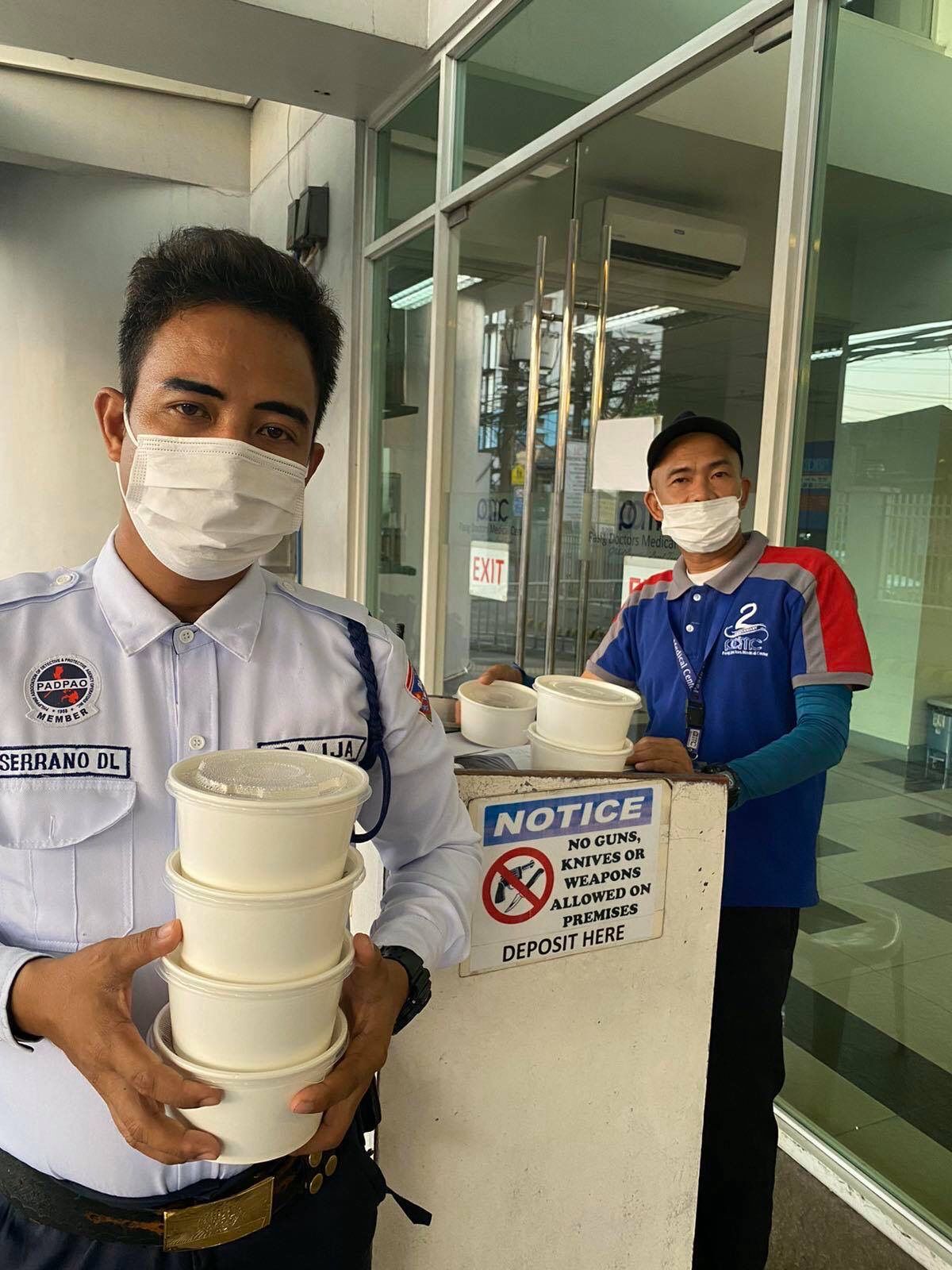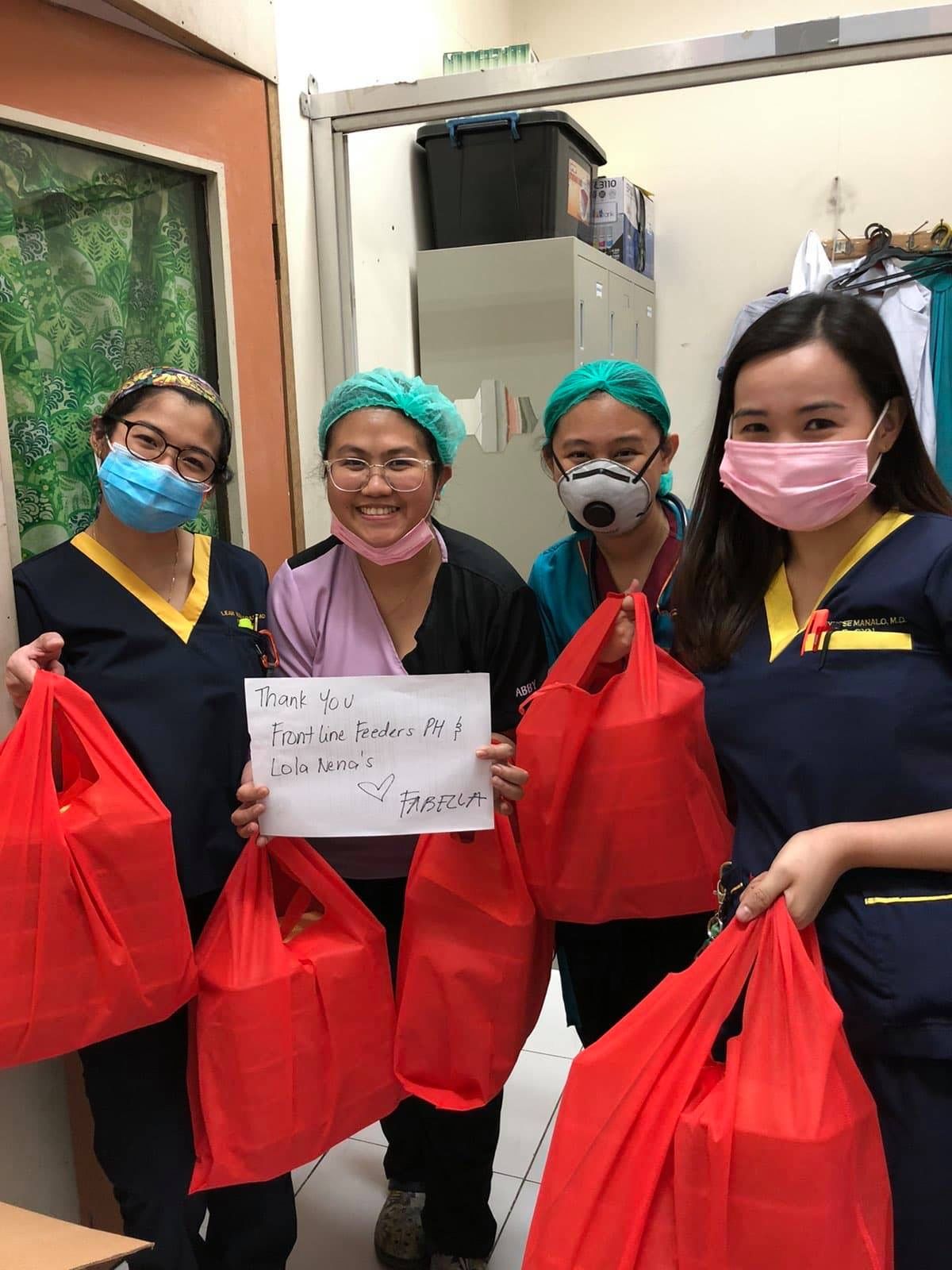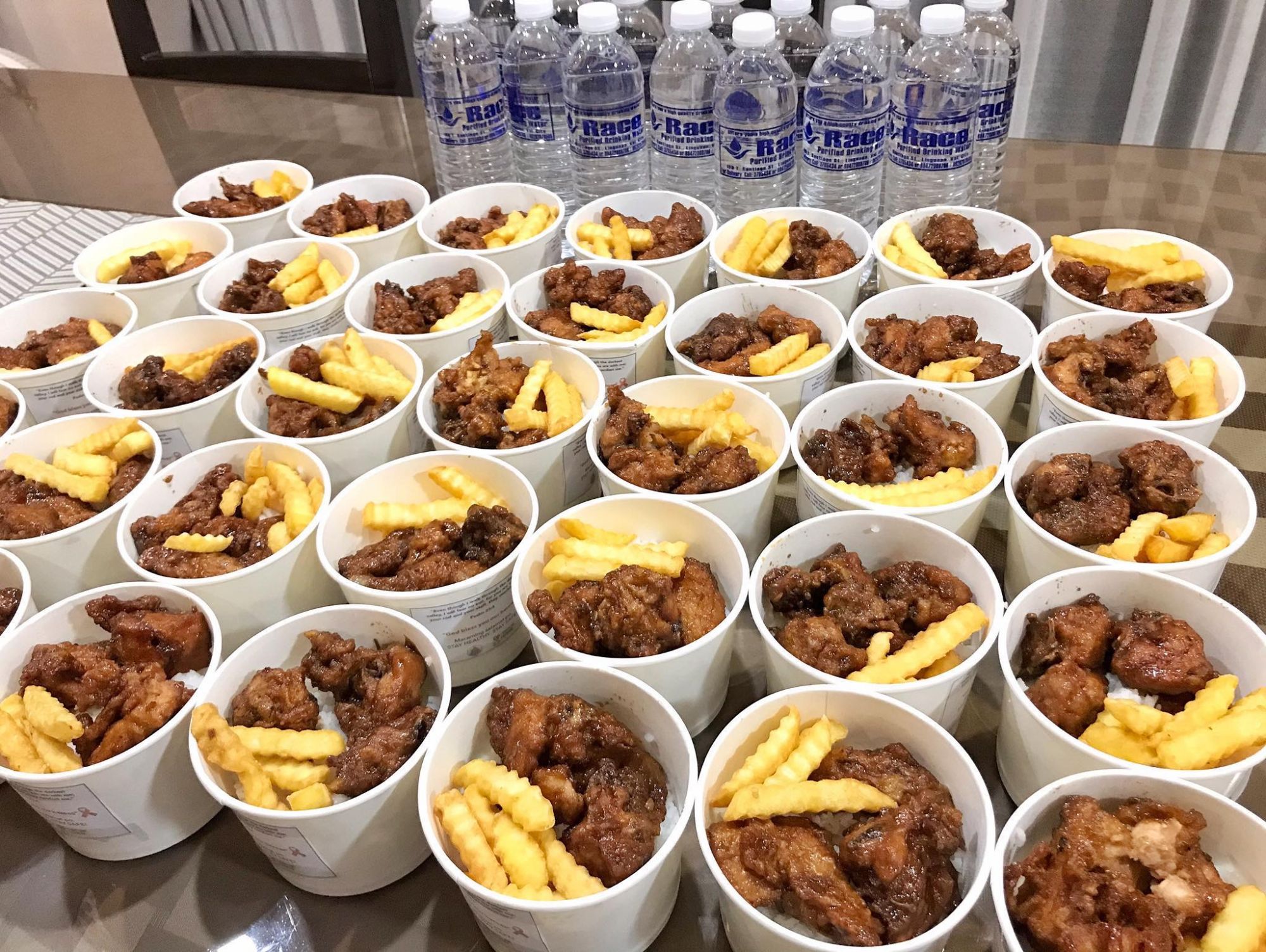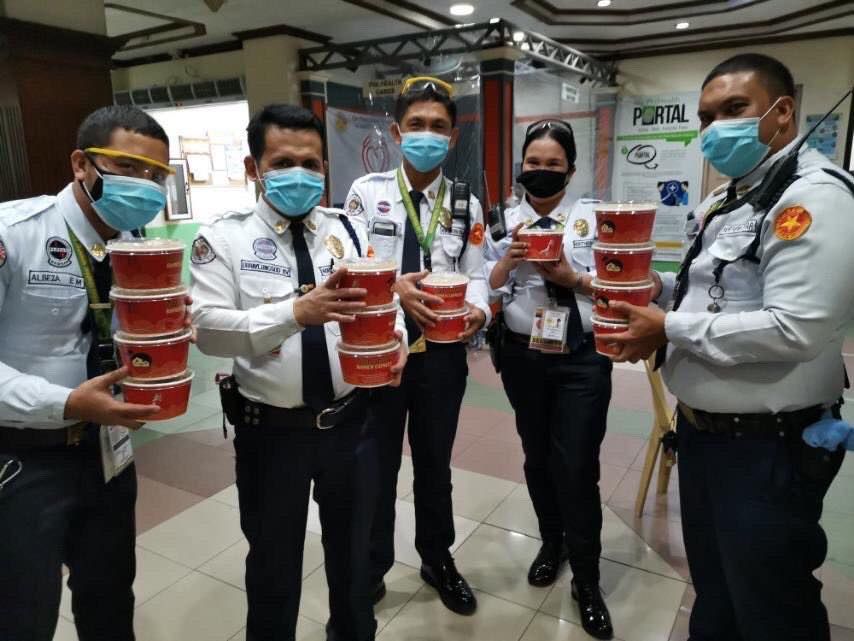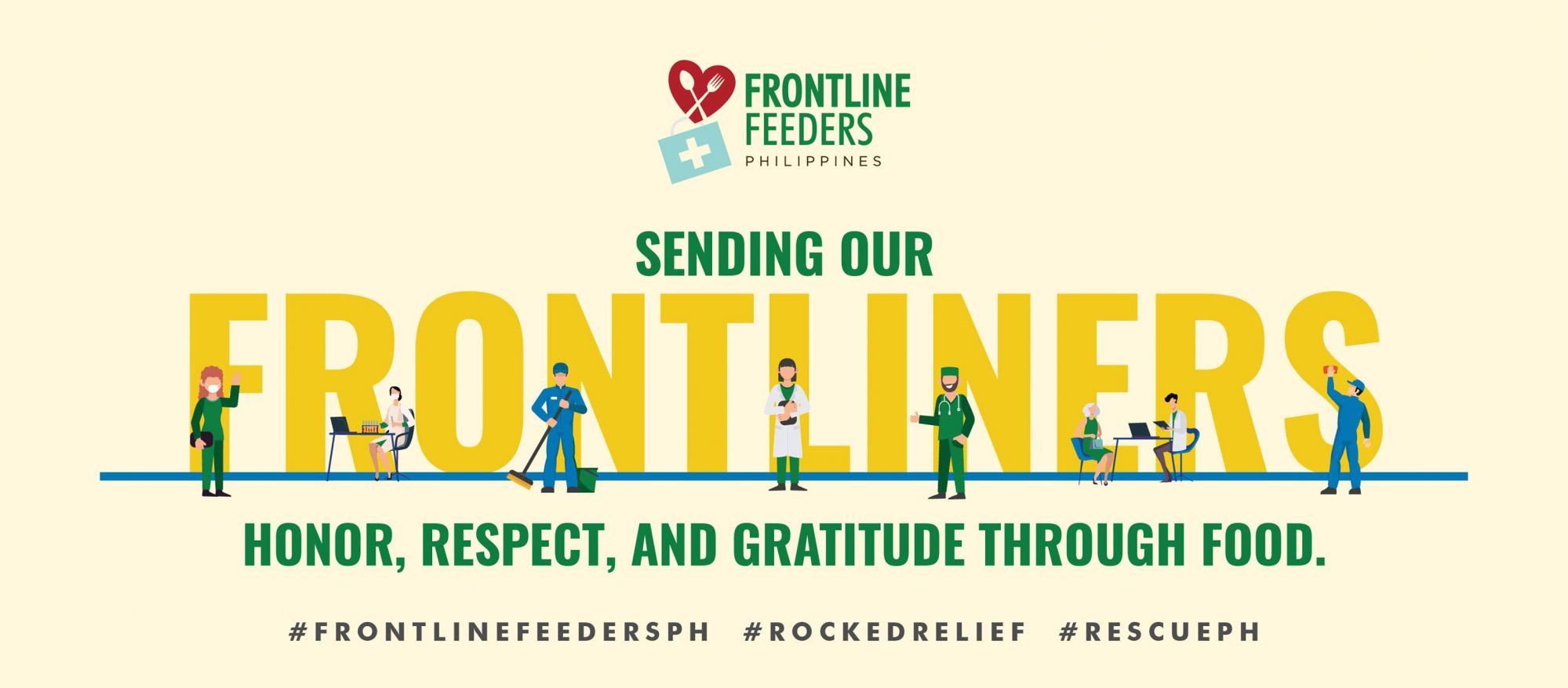Started by a small group of acquaintances, Frontline Feeders quickly grew into a well-oiled organisation that is dedicated to helping our health workers through food provisions and PPEs.
Many advocacies have sprung up across Metro Manila ever since the region-wide lock down was implemented last 15 March 2020. We talk to Ros Juan and Karla Reyes of the Frontline Feeders initiative about what it takes to contribute and give back in the time of a pandemic.
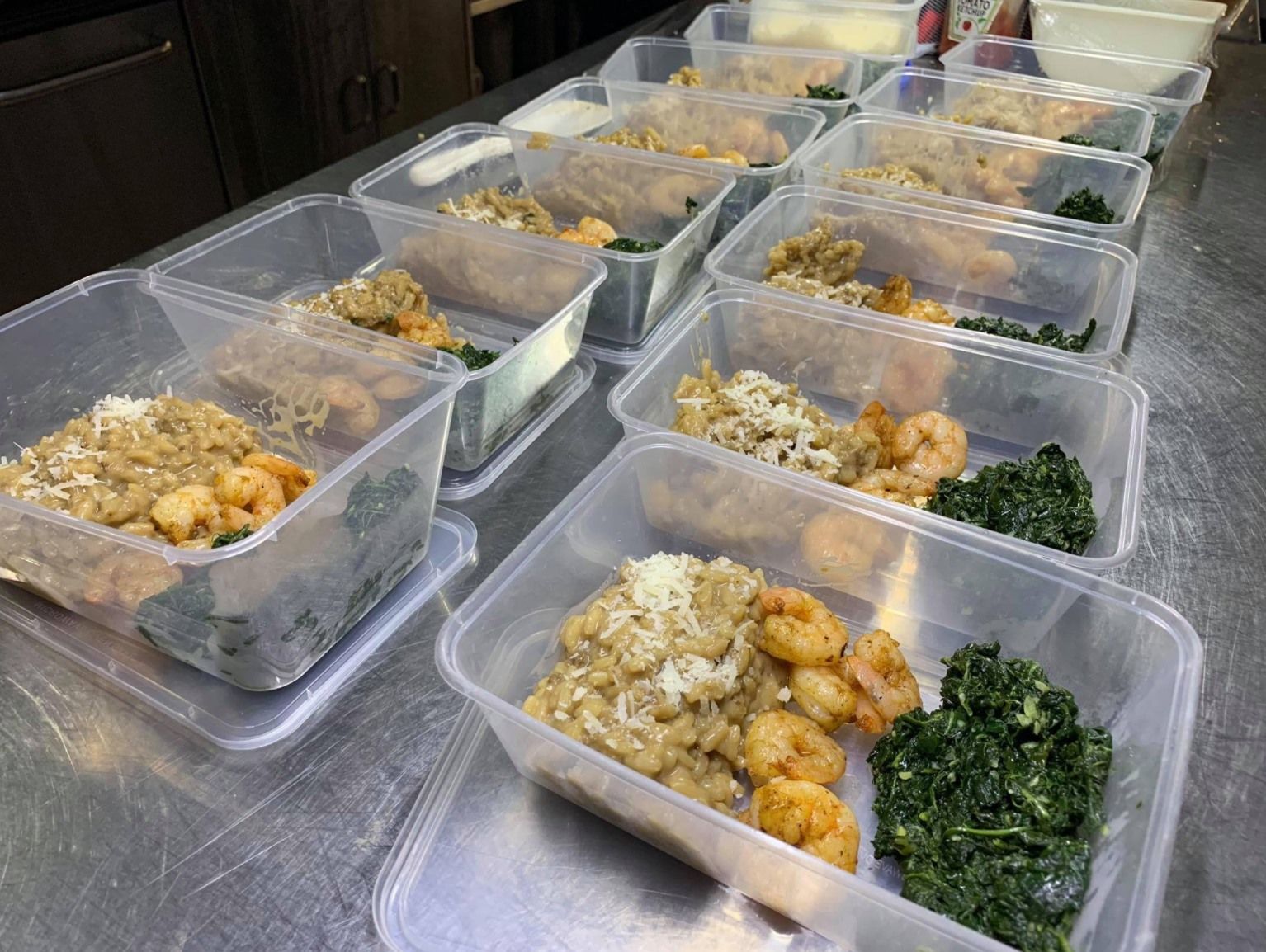
For Karla Reyes, it all started with a simple desire to help. Little did she know that what seemed like a one-off endeavour would blossom into a continuing effort shared amongst people from different walks of life. “There are so many people who want to help, but [maybe] don’t know how. That’s where we [Frontline Feeders] come in”, she shared during a phone interview. Initially, she was asked to help deliver and provide 400 meals for Makati Medical Center through The Plaza Catering; this was in the initial days of the lockdown. With establishments beginning to close, health workers had little to no place to eat.
The organisation now began “adopting” hospitals to feed. As of last night (29 March), Karla notes that they now have 30+ adopted medical centres and many more they coordinate for. “Coordinate for— this means we connect providers and hospitals so that the feeding process is centralised”, she shares. Adopted hospitals on the other hand are those who are being provided for by Frontline Feeders on the daily. “Each coordinator handles two to three adopted hospitals, respectively… it’s all done from home. Around 90 per cent of them, I haven’t met but we all meet via Zoom — we all get dressed and come into the meeting like it’s work.”

